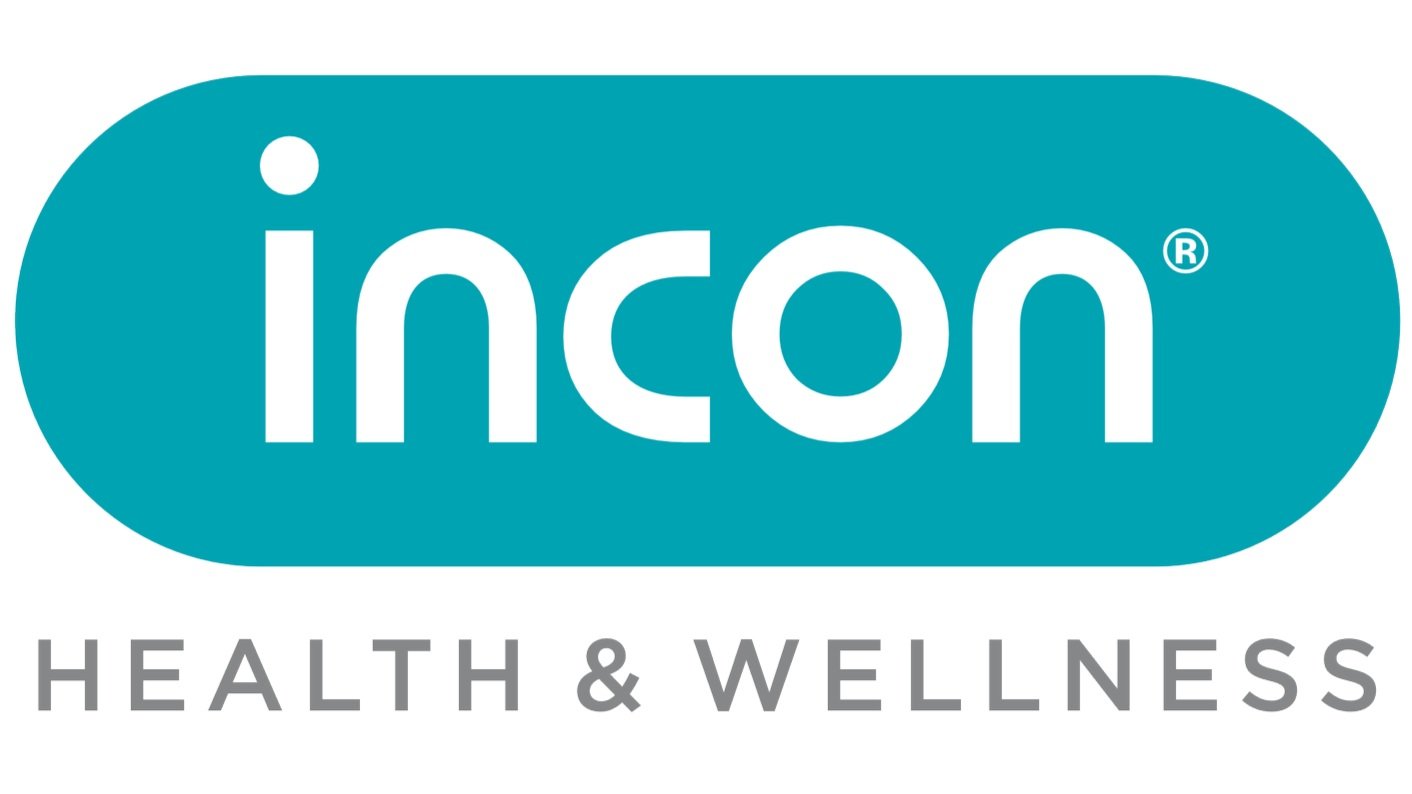Preventing Executive Burnout
Facing the relentless pace and high demands of executive leadership, how do we prevent the inevitable burnout characterised by mental and physical exhaustion? The answer lies in regular health screenings, a fundamental practice in occupational health, designed to detect and mitigate these risks early.
Understanding the Link
Burnout doesn't just affect an executive's ability to perform; it can manifest physically, leading to serious health conditions. This makes health screenings an indispensable tool in the early detection of stress-induced health issues, such as heart disease or hypertension, often exacerbated by the pressures of executive roles.
The Power of Prevention
Occupational health underscores the significance of these screenings, aiming for early detection to enable timely intervention. By identifying health concerns early, executives can adopt specific lifestyle changes and interventions to mitigate these risks, thereby preventing the spiral into burnout.
A Tailored Approach to Wellness
Post-screening, a personalised health plan can be developed, addressing the unique needs of each executive. This plan might include dietary advice, exercise routines, and stress management techniques, ensuring it fits seamlessly into the executive's busy schedule.
Beyond Physical Health
These screenings often extend to mental health assessments, offering a holistic view of an executive's well-being. This comprehensive approach ensures that any mental strain contributing to burnout can be addressed alongside physical health concerns.
Fostering a Culture of Health
Companies that prioritise regular health screenings for their executives not only protect their leaders but also set a precedent for a corporate culture that values wellness. This commitment can inspire a broader organisational focus on health, benefiting all employees.
Conclusion
Regular health screenings stand as a pillar in preventing executive burnout, offering a path to early detection and intervention. By integrating these screenings into their routine, executives safeguard their health, ensuring they continue to lead with vigour and resilience. Organisations play a pivotal role in this process, underscoring the importance of occupational health practices in maintaining a productive, healthy workplace.

